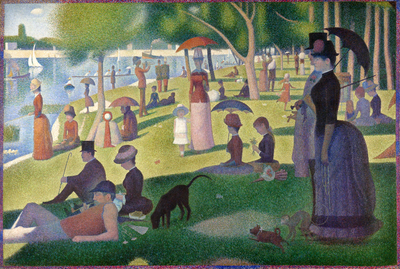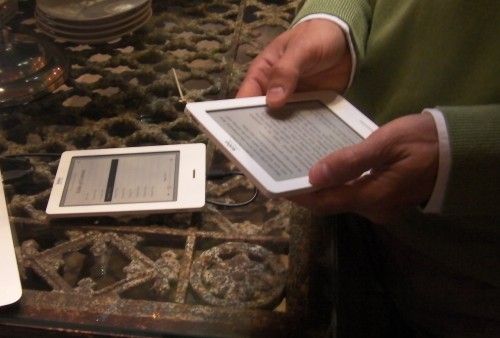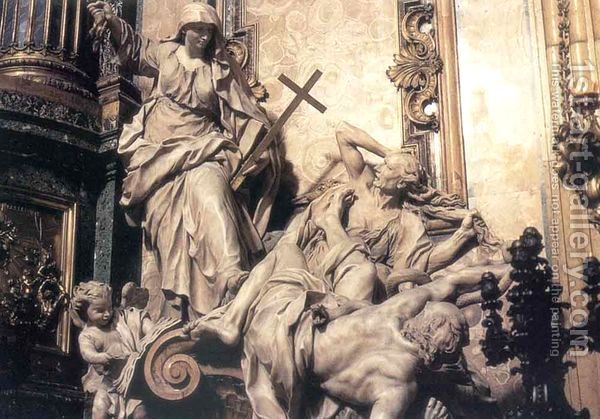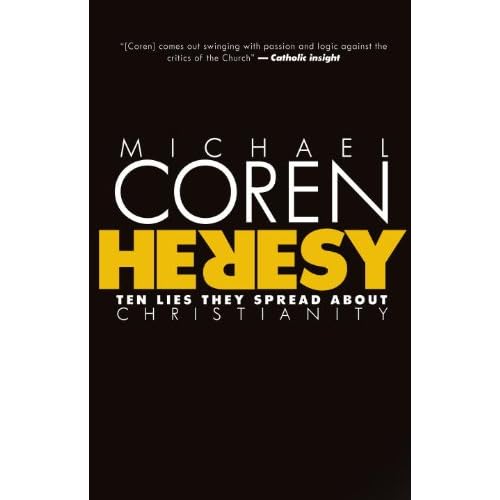
Dear Theophilus,
I’ve just finished reading Hilaire Belloc’s The Path to Rome. It’s the story of the narrator’s pilgrimage from Lorraine in north-east France along a direct line to Rome. In a descriptive style typical of the late XIX Century the narrator describes his journey as he climbs over mountains and wades through rivers crossing France, Switzerland and Italy. The classical digressions aside, like many pilgrimages, Belloc’s Path to Rome is as much about the journey as it is the destination.
Reading about Belloc’s journey got me to thinking about how the pilgrimage seems to have become a lost art among Catholics. Living in a world that is driven by material success, very few people have the luxury of taking the time off to walk across a continent, and even fewer are willing to make the sacrifice. But those who do will tell you that the sacrifice is will worth it.
I’ve been blessed enough to have been able make the journey to a number of pilgrimage sites. Some exotic and far flung, while others were not as famous and quite close to home.
In 2003 my wife and I visited Europe for 3 weeks on our summer holidays. With a list of sites to see and thousands of kilometres to travel a rental car, instead of the traditional hiking boots, was our only option. First on our list of stops was Lourdes. I had read a couple of articles about St. Bernadette and the grotto at Lourdes, but I really wasn’t ready for what I experienced. I felt a truly spiritual sense of sacred tranquility as I knelt and prayed in the grotto where Our Lady appeared to St. Bernadette. It is impossible to put into words the sense of sacred presence that permeates that holy place.

Perhaps this experience at Lourdes was the reason for my disappointment in Santiago de Compostela. Even though it was years before Emilio Estevez’s The Way – in 2003 the Camino still held a certain celebrity cache as far as pilgrimages go. Visiting the cathedral and kneeling at the tomb of St. James, I couldn’t help but wonder at what the hype was all about. Like I said, a pilgrimage is as much about the journey as it is about the destination; and I think this holds true in the relationship between the Camino and Santiago.
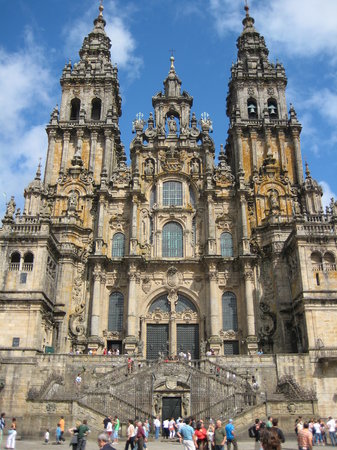
My wife’s family is Portuguese, so she spent her entire childhood hearing about the visions at Fatima, so this central Portugal town was out next pilgrimage destination. We some how managed to time our visit with High Mass on Sunday, standing in the square in front of the cathedral with 10,000 other pilgrims under the sun of one of Europe’s worst heat waves on record. The most moving experience came at the end of mass when the statue of Our Lady of Fatima (the assassin’s bullet in her crown) was recessing back to the chapel at the other end of the square as 10,000 pilgrims began waving goodbye to her with white handkerchiefs. It was as though we were saying goodbye to a close and dear relative, knowing we would always be in her prayers.

Our tour ended back in France with a visit to friends who live just north of Lyon. Before leaving Canada, a colleague had suggested that we visit the tomb of St. Jean Vianney in the village of Ars if it was on our route. Much to my amazement, a quick internet search showed that Ars is only 10km from our friend’s town. Even more amazing was that our friends had never been there before. They tagged along to see if it would be worth bringing other guests to visit the Curé d’Ars, my wife and I enjoyed watching the transformation of our friends’ children who were being raised without religion but had a million-and-one questions as they tried to seek out their own personal faith.
Since 2003, pilgrimages have become a part of our vacation travels, many of them much closer to home. We have taken our son to Martyrs Shrine and Ste. Marie Among the Hurons (Midland, Ontario) to pray at the tombs of St. Jean de Brébeuf and St. Gabriel Lalement. Last summer we spent a day at St. Joseph’s Oratory in Montréal, a trip that inspired Michael to build a church out of Lego “Just like St. André.” Our simplest pilgrimage was to St. Michael’s cathedral in Toronto to listen to Thomas Cardinal Collins give the homily. That visit was as much about explaining the cathedral, the Archbishop’s hat hanging over the altar, the vestments and the sense of sacred as incense wafted into the air, as it was about meeting our dominical obligation in an extraordinary way.
Making a pilgrimage, near or far, famous or ordinary, is a great expression of our Catholic faith. As a family we are always looking for a new pilgrimage destination and would love to read your suggestions. As you leave on your pilgrimage, however, remember that it’s as much about the journey as it is the destination.

